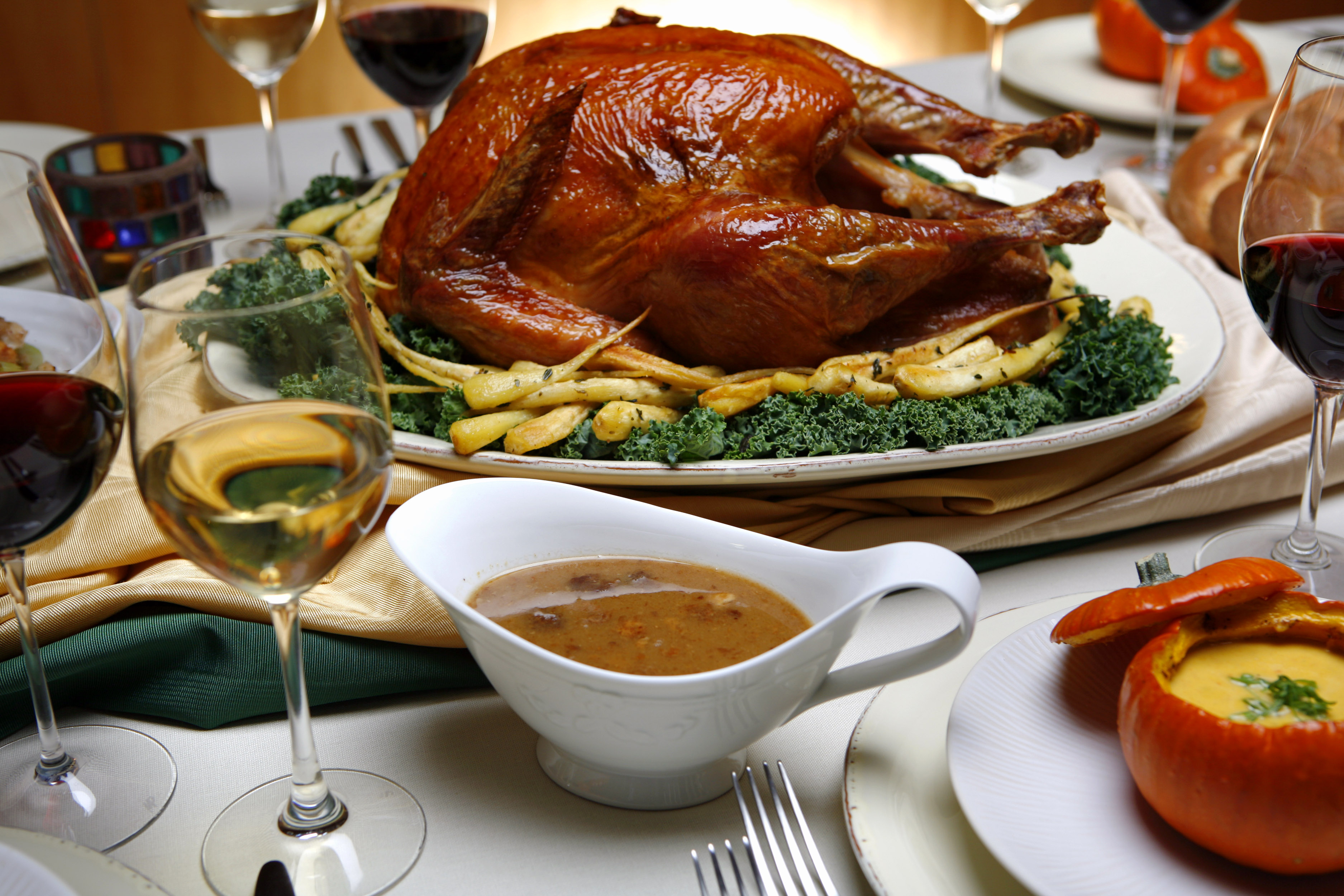As millions of Americans prepare for Thanksgiving (and delicious leftovers), the Consumer Product Safety Commission wants people to keep safety in mind -- and to keep an eye on the bird!
According to the CPSC, an average of 1,600 cooking fires occur on Thanksgiving Day each year, about triple the number of daily cooking fires throughout the year.
WATCH ANYTIME FOR FREE
>Stream NBC10 Boston news for free, 24/7, wherever you are. |
Since 2000, turkey fryers have also caused over 200 burns, which in turn have resulted in over 80 injuries and about $9.5 million in property loss, CPSC said.
"Many injuries and deaths associated with celebrating the holidays can be prevented, so consumers are urged to put safety in practice while purchasing toys for children, cooking that holiday feast or decorating your home," the commission said in a statement.
Get updates on what's happening in Boston to your inbox. Sign up for our >News Headlines newsletter.
So, ahead of the holidays, here are some tips and recommendations to stay safe this Thanksgiving:
Thanksgiving cooking tips
- Never leave cooking food unattended on the stove or in the oven.
- Only fry a turkey outside and away from your home. Never use turkey fryers in the garage or on the porch.
- Keep matches and lighters out of the reach of children.
- Make sure your smoke alarms are working.
“Keep your eye on the bird, as unattended cooking is the top cause of fires in the home,” said former CPSC Chairman Elliot F. Kaye said. “Don’t let your time with family and friends during the holidays be ruined by a call to 911.”
In case of an oven fire
In case a fire erupts in your oven, FEMA recommends:
- Turn off the oven and keep the door closed until it’s cool.
- Move things that can burn away from the stove, this includes dishtowels, bags, boxes, paper and curtains.
- Turn pot handles toward the back of the stove so no one can bump them or pull them over.
Food poisoning on Thanksgiving:
Food poisoning can be another holiday hazard.
According to the CDC, if not stored correctly, turkey and its juice can get contaminated with germs that can make you and your family sick.
To prevent any serious sickness during dinner, the CDC recommends:
- If the turkey is raw, it should be stored in the freezer at 0˚F or below until you are ready to thaw it.
- When ready to thaw, keep your turkey in its original wrapping and place it in a container before thawing for about 24 hours for each 4 or 5 pounds of turkey.
- Thaw turkey in cold water and change it every 30 minutes.
How to prepare and cook your turkey safely
The CDC recommends washing your hands before handling turkey. Once ready to prepare, use one cutting board for raw turkey and a separate one for cutting produce, bread, and other foods that won’t be cooked.
You should also wash your cutting boards, utensils, dishes, and countertops with hot soapy water after preparing raw turkey and before you prepare the next item.
In terms of cooking the turkey, the CDC recommends:
- When cooking turkey in an oven, set the temperature to at least 325°F.
- Place the completely thawed turkey in a roasting pan that is 2 to 2-1/2 inches deep.
- Cooking times depend on the weight of the turkey and whether it is stuffed.
For stuffing, the CDC recommends:
- To cook it in a casserole dish instead of inside your turkey so it's easier to make sure the stuffing is thoroughly cooked.
- Use a food thermometer to make sure the stuffing’s center reaches 165°F.
- If you cook the stuffing inside the turkey, wait 20 minutes after taking the bird out of the oven to allow the stuffing to cook a little longer.
Keep leftovers fresh
To prevent food poisoning with leftovers, here's what the CDC recommends:
- Refrigerate leftovers at 40°F or colder within 2 hours of cooking to prevent food poisoning.
- Refrigerate leftovers that have been exposed to temperatures higher than 90°F, like in a hot car, within 1 hour.
- If you are refrigerating a big cut of meat, such as turkey or roast, cut it into smaller pieces so they cool quickly. You do not need to wait until food is cool to store it in the refrigerator or freezer.
- Eat cooked turkey and dishes made with it, such as soup or a casserole, within 3 to 4 days.
- Freeze leftovers to store them for longer.
- Reheat all leftovers to at least 165°F before serving or eating.



